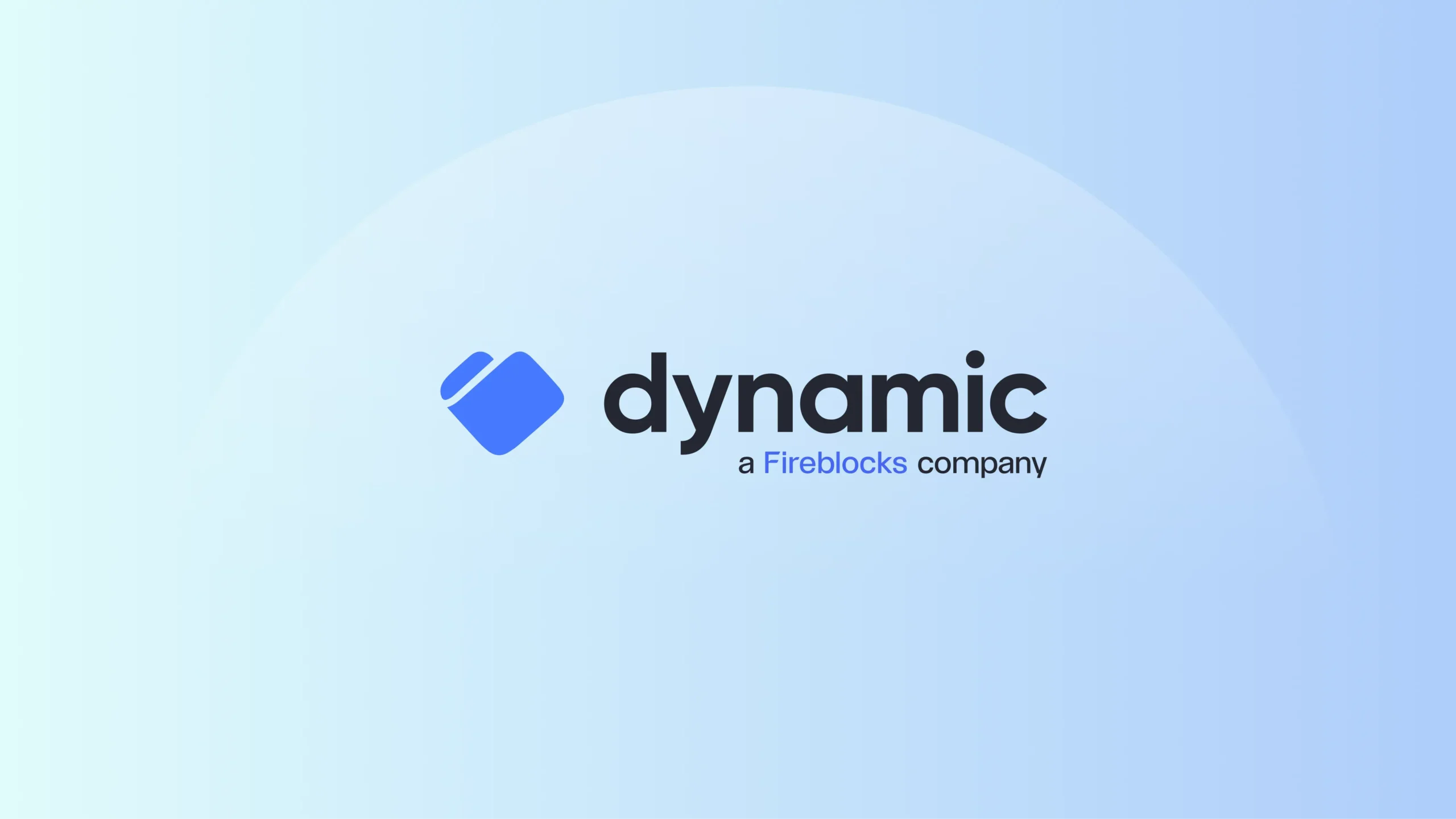The United Arab Emirates (UAE) has long established itself as one of the most forward-looking digital asset markets in the world. With an astute regulatory framework, growing institutional interest, and a thriving crypto-native community, the foundation has been laid for UAE banks and payments companies to take the next step in their digital asset journey.
According to PwC, the UAE ranks third in digital asset transaction volume across the Middle East and North Africa (MENA) region, with $34 billion recorded as of June 2024 and a 30% adoption rate. Many of the world’s largest crypto players such as Binance, OKX, Crypto.com and Bybit established their global headquarters or first regulated entities in the UAE, creating a flywheel effect and driving further growth and momentum.
At Fireblocks, we see these trends reflected in our growing customer base, which continues to experience YoY growth in the UAE over the past three years. And in that same timeframe, the amount of net new UAE customers added to the Fireblocks network has more than doubled.
The momentum is undeniable, which is why Fireblocks has expanded our footprint in the UAE. In 2024, we launched our Dubai World Trade Centre entity and invested human capital in engineers and support teams on the ground to serve our growing client base. Today, we have over 160 live UAE-based accounts and counting, ranging from retail banks like Emirates NBD, to payments companies like Zeebu, Freedx and BurjX MENA, to crypto-native leaders such as DIFX, Resolv, BitOasis, and Multibank. These customers rely on Fireblocks to meet local compliance and security requirements at scale.
Run, Don’t Walk: Traditional Institutions are Catching Up
While crypto-native firms have led the way in adoption, the next wave of growth will come from traditional banks and payments providers.
In the race to move beyond exploration and into live deployment, the UAE is a front-runner.
Stablecoins are the first bridge and an inroad to broader digital assets strategies for banks and payments institutions. They offer speed, efficiency, and transparency in cross-border payments, all critical in a hub like the UAE that thrives on global trade and financial flows.
In fact, a global, always-on stablecoin payments network is crucial to help institutions bridge that gap. From quick and easy stablecoin on/off ramps, to supporting international expansion and new markets, a payment network that offers embedded compliance with core stablecoin infrastructure is key to unlocking further digital asset growth in the UAE.
The UAE, being a global trading hub and an end-point into vast remittance corridors, has clear use cases for both B2B and C2C use of cross-border stablecoin transfers.
Providers coming onto the Fireblocks Network for Payments are catalyzing this growth. Companies like OpenPayd, Reap, SGB, and Yellow Card will soon be offering stablecoin on-and-off ramp capabilities, liquidity, FX, wholesale banking and more for the UAE, enabling businesses and individuals to: access international payments, manage treasury needs, tap into USD liquidity, transact seamlessly between fiat and crypto, streamline financial operations, and so much more.
In addition, our infrastructure powers UAE-based crypto-native companies like Fuze and Aquanow, who in turn are enabling local neobanks such as Liv and Wio to speed up time-to-market with crypto offerings for their customers. This may very well be the first step towards more traditional banks launching digital asset services via those neobanks – providing an opportunity for banks in the region to participate in the token economy without needing to touch crypto themselves.
Putting Regulation into Practice
For financial institutions, regulatory clarity and intent is often the deciding factor in moving forward with digital asset strategies.
In the UAE, frameworks provided by the Dubai Financial Services Authority (DFSA), the Virtual Assets Regulatory Authority (VARA), and Abu Dhabi’s International Financial Centre, ADGM, are creating a safe, transparent environment for innovation. In some ways, these regulators compete with each other to attract businesses in their scopes, and have therefore established clear guardrails to enable traditional players to experiment with tokenization, stablecoins, and digital asset custody without compromising security.
But what does this really look like in practice? While laws on crypto were introduced in the UAE several years ago, only recently were those rules amended to permit stablecoin issuance. For example, the UAE’s Central Bank approved fiat-referenced tokens in 2024 as well as licensing of dirham-backed stablecoins – the first of which, AE Coin, was approved and launched in January 2025 for retail and business use.
Importantly, the UAE CB is very intentional in its policy change. In contrast to some other central banks, it clearly wants to see UAE-denominated private stablecoins on the market servicing uniquely UAE business cases. That said, the UAE was also one of the first geographies to recognize that global dollar-denominated stablecoins also have a vital role, and was not tempted to regulate them excessively.
This policy intent is one of the reasons why the UAE is attracting global attention. Institutions that act now can capture a first-mover advantage in shaping how digital assets are integrated into banking and payments. It means the door is now open for banks, payment providers and fintechs in the region to not only issue stablecoins, but leverage them to open up new revenue streams in the form of new custody, brokerage and lending services, enabling real-time settlement and cross-border payments, access to new markets and corridors, to name a few.
Given the positive stance UAE regulators have taken towards digital assets, not only are more UAE banks entering the space, but they are also more likely to start bringing digital asset capabilities in-house rather than continuing to use services from crypto exchanges.
Who Will Lead in the UAE?
The institutions best positioned to lead will be those that combine deep digital asset expertise with strong regulatory compliance. Trust will be the defining factor in this market. Companies that can demonstrate robust infrastructure, security, and operational resilience will set the standard.
When it comes to value, security and compliance are non-negotiable. For these companies that are scaling high-volume, high-value B2B payments operations both on and off-chain, or integrating stablecoins and digital assets into their infrastructure and solution offerings, security and compliance are about more than safe storage. It’s about mitigating counterparty risk, real-time audit capabilities and transparency, staying apprised of evolving compliance and regulatory standards (which can be patchwork at best), and providing the highest levels of secure custody and digital asset protection.
Institutions are choosing Fireblocks to provide the necessary levels of security and compliance expertise, infrastructure-readiness, and automation to help them scale, without compromising control or operational efficiency. With the Fireblocks platform, these companies can structure and secure funds, automate treasury operations and embed global compliance requirements, orchestrate payment flows through customizable modules and pre-built integrations to access liquidity providers, and even create their own stablecoin. All in one place.
The Growth Opportunity Ahead
The UAE is uniquely positioned to become a global hub for digital assets, where enterprises, banks, and fintechs can confidently launch new offerings. Tokenization, wallets, and stablecoin infrastructure are the building blocks already in place. What’s needed now is leadership.
For institutions, the decision is simple: act now and help shape the digital asset market in one of the fastest-growing regions in the world, or wait and risk being left behind as competitors move ahead.
The UAE has laid the foundation. The market is ready. The institutions that step forward today will define the future of digital assets in the region.
At Fireblocks, we’re proud to help power that journey with the secure infrastructure, compliance expertise, and on-the-ground presence that institutions need to build, run and scale with confidence.



